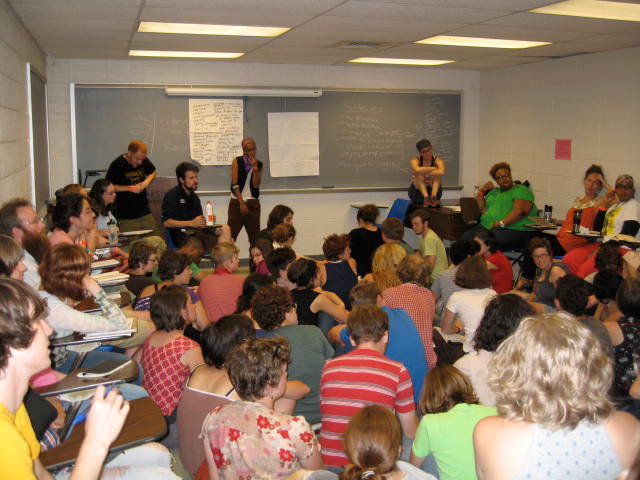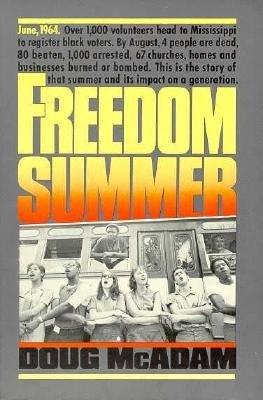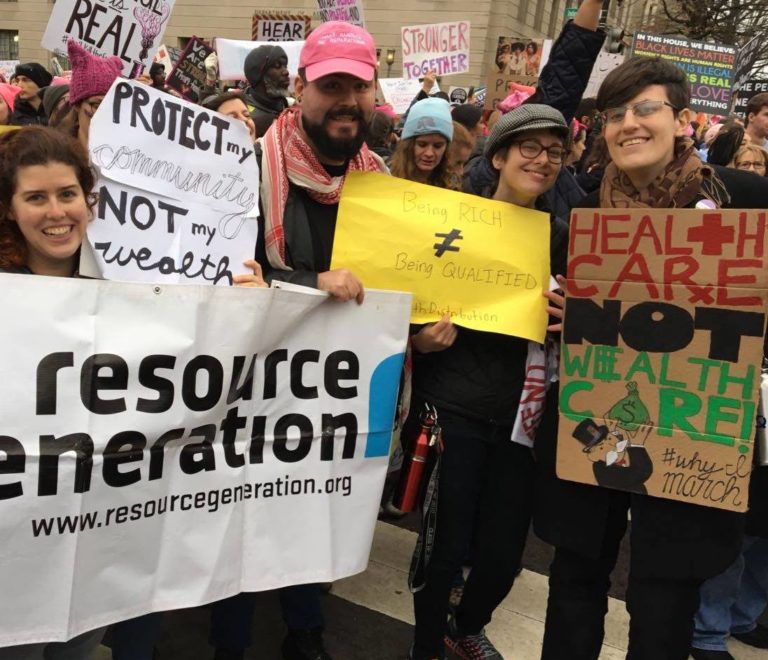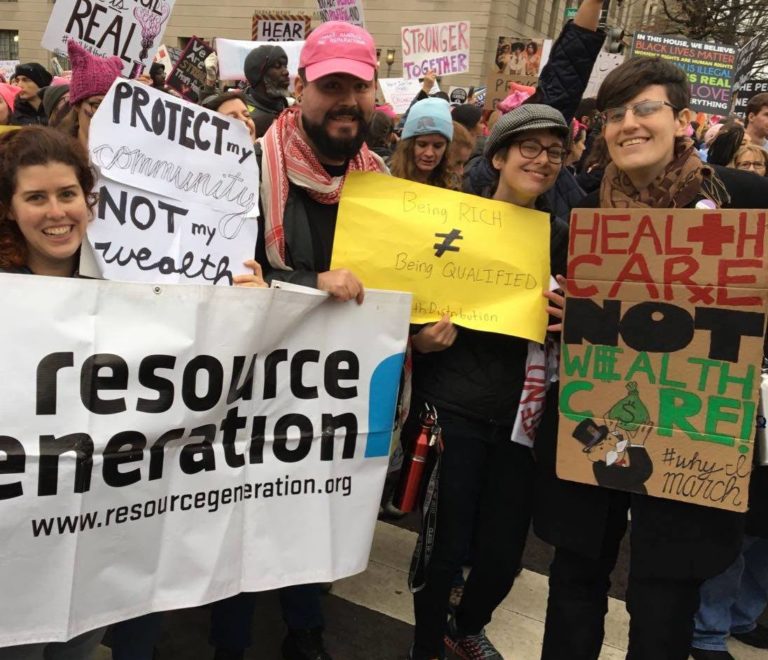Learning from History: Freedom Summer, Current Summer

two things have been on my mind a lot lately.
one, the US Social Forum- particularly the conversations, workshops, and organizing around funding and being in the movement as someone with money, white skin, and class privilege.
two, the reading i’ve been doing lately on the mississippi freedom summer of 1964. i’m connecting a lot of dots in my mind as i read about history and previous movement moments, and reflect on the “movement moment” we are in right now.
i recently read two books on the freedom summer — both accounts are super raw, detailed and honest about the relationships, dynamics, and tensions between the SNCC workers (the student non-violent coordinating committee- aka, the organizers) and the summertime volunteers. what both breaks my heart and makes me excited is how so much is still the same.

the first book is called “freedom summer,” by someone named doug mcadams. i’d never heard of him; i found it for $5 at my local used bookstore. it’s pretty dated (published in ’88) and academic, studying the demographic breakdown of the folks who went to mississippi in 1964 in nitty-gritty details, both qualitative and quantitative. i also recently read a compilation of letters called “letters from mississippi: reports from civil rights volunteers and freedom school poetry of the 1964 freedom summer.”
there were the same tensions of territory, race, voyerism, exploitation. the SNCC workers and local folks in Mississippi had been working for years, lifetimes, fighting racism. the SNCC staff were mostly (if not all) black and living permanently in the south. these were their family members being fucking brutalized and killed and impoverished and beat down. there was nothing glamorous or eye-opening. many of them were burnt out and angry.
on the contrary, the freedom summer volunteers were white, mostly from the northeast, and all from 4-year colleges. they hadn’t seen any of this first hand. it was a learning experience about “the way things really were,” and it radically changed the direction of most of their lives. which is great, as experiential learning often is. and its problematic and frustrating, as privileged people entering the spaces of those directly-affected often is. i hadn’t realized before how privileged the freedom summer volunteers were. moreover, I hadn’t realized how explicit and strategic (or necessary, out of financial restrictions) it was to recruit this particular demographic.
everyone had to pay their own way for the freedom summer; what’s more they had to be working all summer for no pay. they were all college educated. the privilege in this group was blatant and intense. and the tensions between those kids and the SNCC staff was also intense! there was a lot of shit they did not have figured out at all. SNCC staff got frustrated and hostile; volunteers said messed up things; some were there for all the wrong reasons, acting out paternalism and self-righteousness.
and yet, they all did it. it was a crucial moment in our nation’s history. in all the mess and the dynamics and the problems, they continued to register voters, build – and rebuild after bombings- churches and community centers, and teach in summer schools. they continued to bring media attention to the atrocious racism in the south, and inspire their parents to support and organize for transformation. too, freedom summer revolutionized a whole generation of young students, re-routing their lives from conventional liberals into, in many cases, lifelong radical activists. i don’t know enough about it to glean if the people of mississippi, the SNCC staff, or civil rights leaders consider freedom summer “worth it.” maybe they don’t. but i would venture to guess that no one regrets that freedom summer happened, even with its imperfections. it was hugely transformative.
so i wonder about our generation: how do we do things better, how do we not re-create problematic dynamics, but most centrally- how do we learn to work through the imperfections and just do shit? how do we break down the oppressive nature of privilege while simultaneously taking action? how do we realize that no one has ever done it perfectly, and that we should not, we can not, act as if we have the luxury of time to figure out our interpersonal relationships and dismantle privilege and oppression before we take any risks on implementing things?
in 1964 they knew they did not have time to figure shit out and then act. they acted, and some shit was messed up. they took a risk, they experimented. how do we move forward with that level of bravery; with an ever-deeper consciousness and conscientiousness, so we do not carry with us the same level of oppression and privilege while still taking action on what we know is right?


